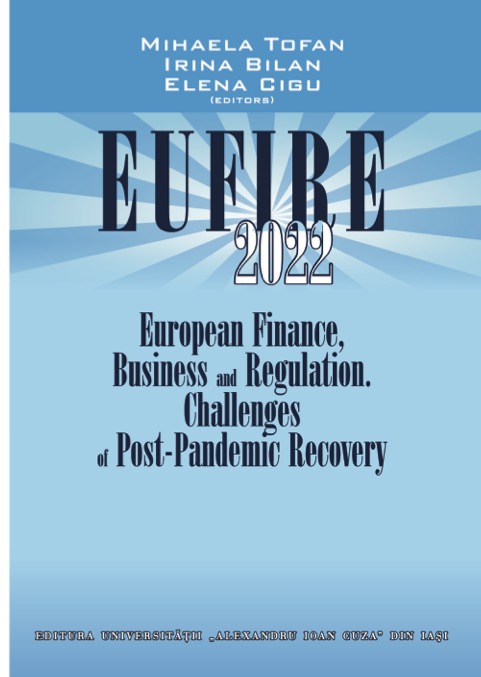LEGAL FRAMEWORK AND TRENDS OF THE DIGITAL BANKING AGREEMENT
LEGAL FRAMEWORK AND TRENDS OF THE DIGITAL BANKING AGREEMENT
Author(s): Violeta Cojocaru, Aliona Cara-Rusnac
Subject(s): Law, Constitution, Jurisprudence
Published by: Editura Universităţii »Alexandru Ioan Cuza« din Iaşi
Keywords: digital contract; digital banking; banking digital contract; clients’ rights; banking European regulation on digital agreements; Moldovan banking activity; digital platforms; EU banking and payments;
Summary/Abstract: The article will analyze the legal framework and trends of the Moldovan digital banking agreements and its impact on banking activity overall. There will be presented the Moldovan digital banking agreements that were implemented in the banking activity area and their impact on the increase of clients desire to sign these types of contracts. Banks were first in row to explore the digital area as consequences of the technological progress and by simplifying clients’ needs to access faster banking service activities. The business of the companies in special banks is based 80% on contracts. Despite this fact, the digital banking contract involves security issues that clients might inure connected to theft of the identity, validity of electronic signature, access to internet in rural areas, and the classic banking transactions such as loan approvals, account opening and investments have not experienced the digital revolution switch due to the consumers’ strict legal requirements. Nevertheless, it will be presented the role of the National Bank of Moldova in adopting legal framework necessary for developing digital banking contracts and the resistance of the other players of the banking digital market as payment providers.It will be argued that there is a need to tackle solutions to banks challenges at the European, International level that the national level, and will be considered the role of the International, European and national monitoring institutions to provide appropriate solutions and if necessary to adopt restrictions in cross-border banking digital services and the risks that clients might experience by accessing those services. Finally, the authors will compare the trends of the Moldovan digital banking contracts compare to the digital banking contracts in European Union area and will come up with solutions how to integrate Moldovan Banking activity in European Union standards.
- Page Range: 117-128
- Page Count: 12
- Publication Year: 2022
- Language: English
- Content File-PDF

